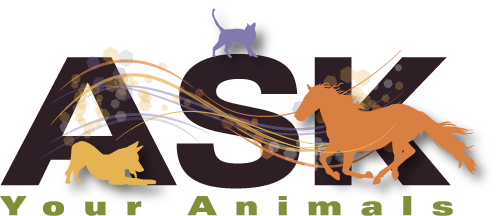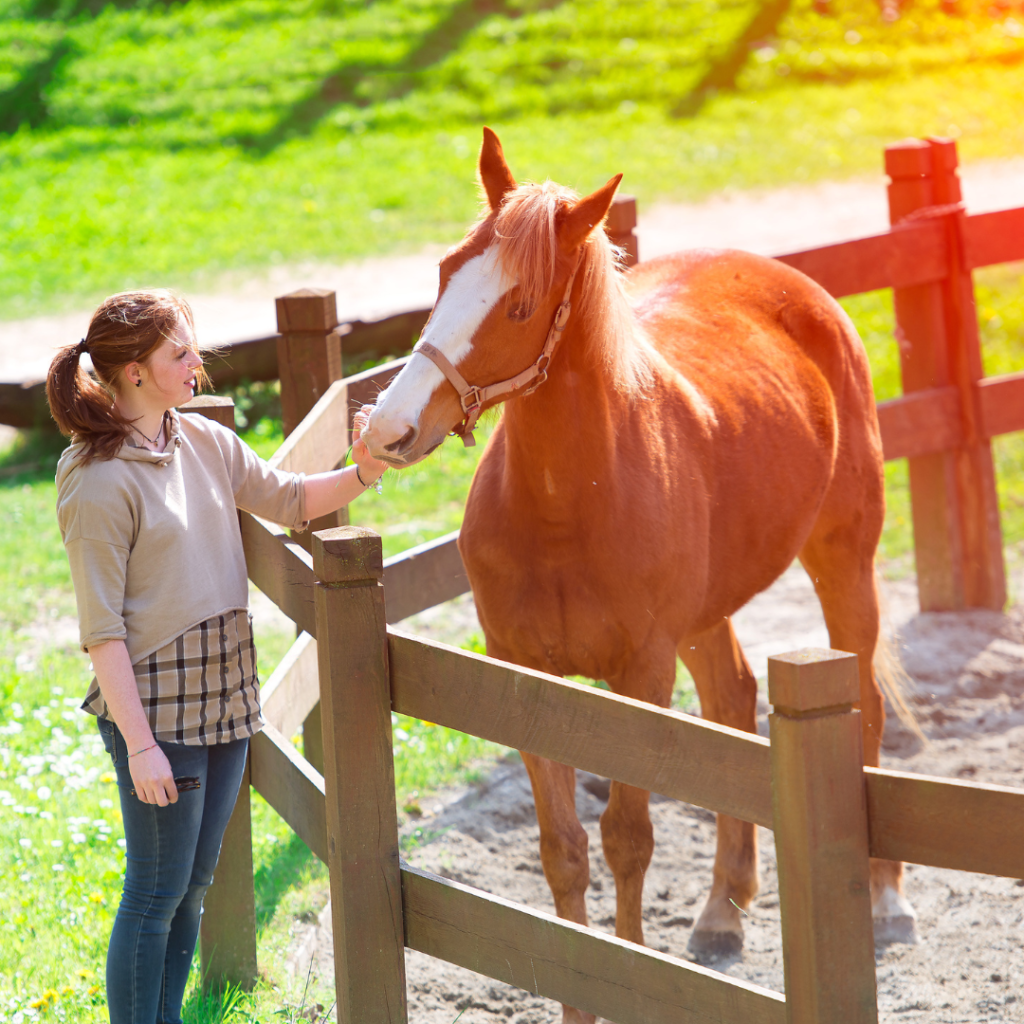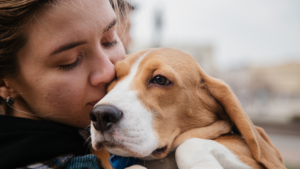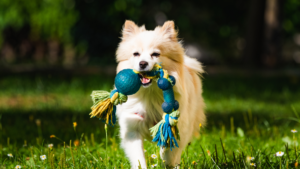Open communication leads to understanding. That’s the truth. Whether we are discussing human relationships or the relationships we share with our companion animals, opening a conversation leads to a healthier relationship based on a deeper understanding of one another. One of the best ways to have communication with your animals is to hire an animal communicator.
Improving Relationships with Your Pet
Whether your animal companion is a lap cat, an agility champion dog, or an endurance horse, you must partner with many professionals to keep your pet happy and healthy. These professionals each have their own toolbox of skills, education, and experience to lend to you and your pet, but none of them can know your pet on the same level that you can.
Animal Communicators can not only help improve the relationship between you and your pet, but they can also help you improve the relationship between your pet and the other professionals you have working with them, as well as your relationship with those professionals.
Pet Professionals That Partner Well with An Animal Communicator
There are several professionals that work with pets and I’ve highlighted 6 that I think make great partnerships for animal communicators. They are a:
- Veterinarian
- Veterinarian technician (vet tech)
- Dog trainer
- Horse trainer
- Pet sitter
- Animal shelter volunteer
Veterinarians and Vet Techs
Veterinarians and vet techs have a lot of experience with different animals, breeds, and medical situations but they have a very limited time to get to know your pet on a deeper level. They are limited by the experience presented to them during your brief visit. They must rely on visual observation of symptoms and lab work. Imagine how much more insight your vet would gain if they could have a real conversation with your pet, asking about where it hurts and other physical symptoms that are not externally visible such as nausea or joint pain. With even basic knowledge of animal communication, veterinary staff can help create a less stressful environment for visiting pets, conveying their intention to help and reducing fear triggers for the pets.
Dog and Horse Trainers
The expanded understanding that comes with animal communication can also benefit professional dog and horse trainers. When an animal has the opportunity to express details about their own experience of the world it can help to explain behavior patterns and triggers. Not all training techniques fit all personality types. Gaining individual knowledge directly from the pet about their unique personality and preferences can help guide any trainer to develop a program that works best with that animal. A dog that is reactive to loud noises or voices might learn better using hand signals. A horse might express a past experience that created fear of closed spaces. With knowing this, the trainer can begin the process out in the open and work on rewarding the horse when entering closed spaces. The deeper the understanding of the animal and its own unique nature, the better the trainer can react and build trust.
Pet Sitters and Animal Shelter Volunteers
The same principles are true for pet sitters and animal shelter volunteers. The deeper the understanding between them and the pets in their care, the less stressful the interaction is for all parties. Both pet sitters and shelter volunteers encounter situations where they need to provide care in close contact with animals they may have never met before. These animals are generally in a state of wariness or uncertainty when encountering new people. Life in a shelter can be deeply stressful. They just don’t know what to expect. A consultation with an animal communicator can help to open the lines of communication and understanding that can facilitate the building of a trust-based relationship. Once the pet can begin to understand the motivation of these strangers, (caretaking) and the expectations of this relationship (trust) they can begin to let their guard down and let their true personality shine through.
Aren’t all relationships based on trust and open, honest, mutual communication? Why should our relationships with animals be any different? Don’t be hesitant about sharing these ideas with the professionals on your pet’s care team and see how it works.



